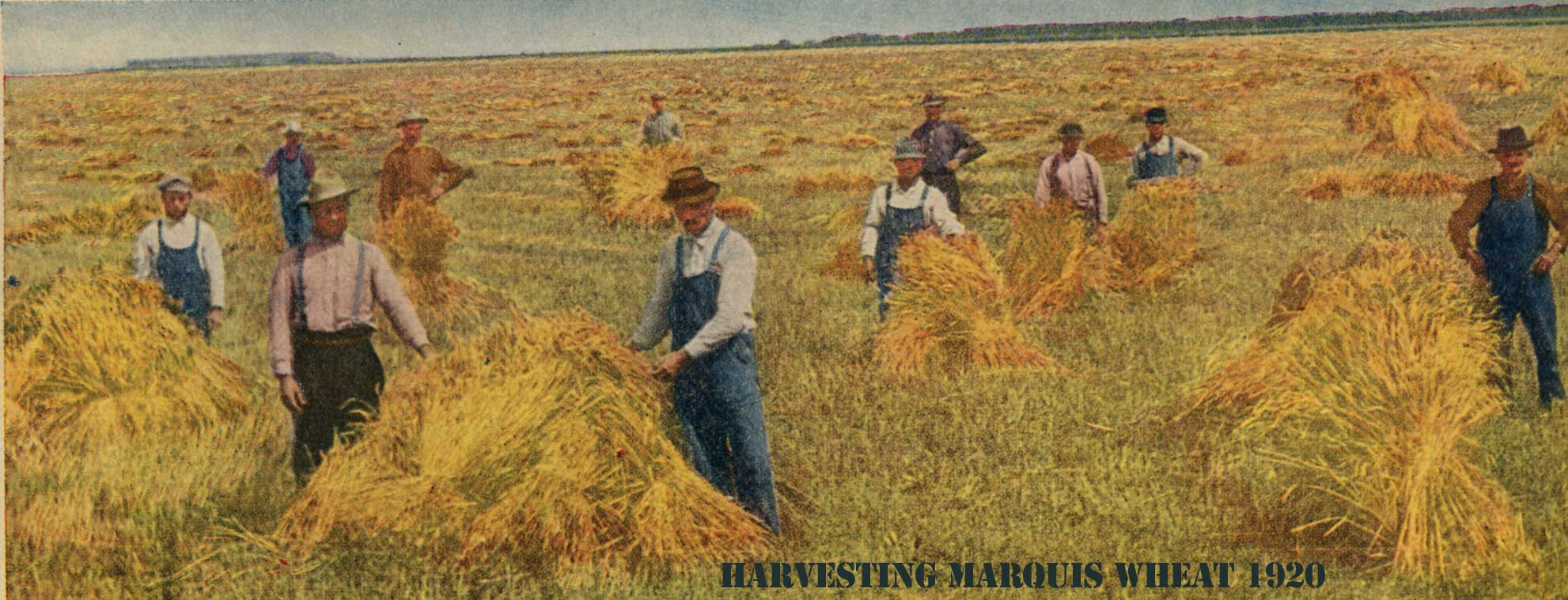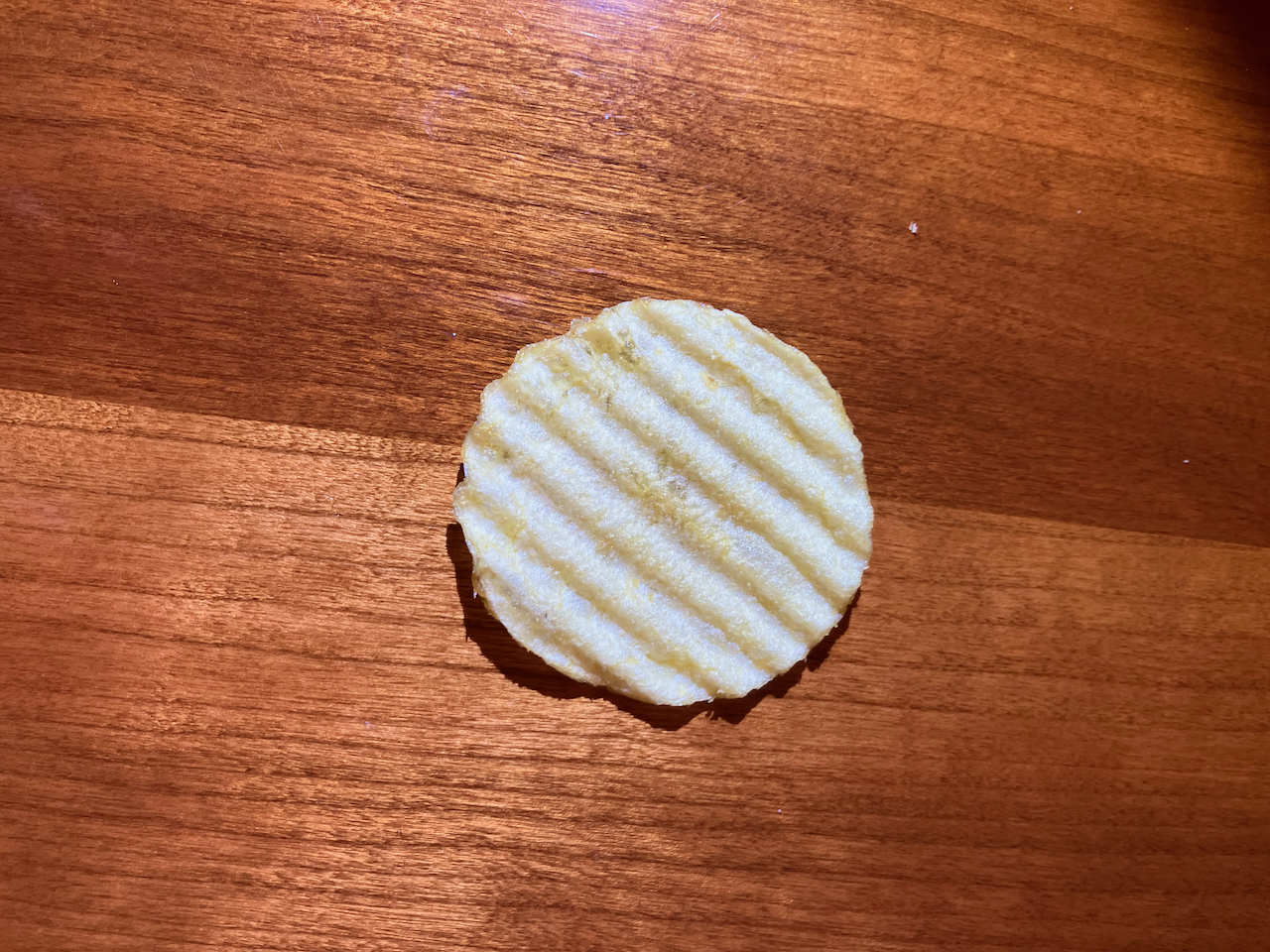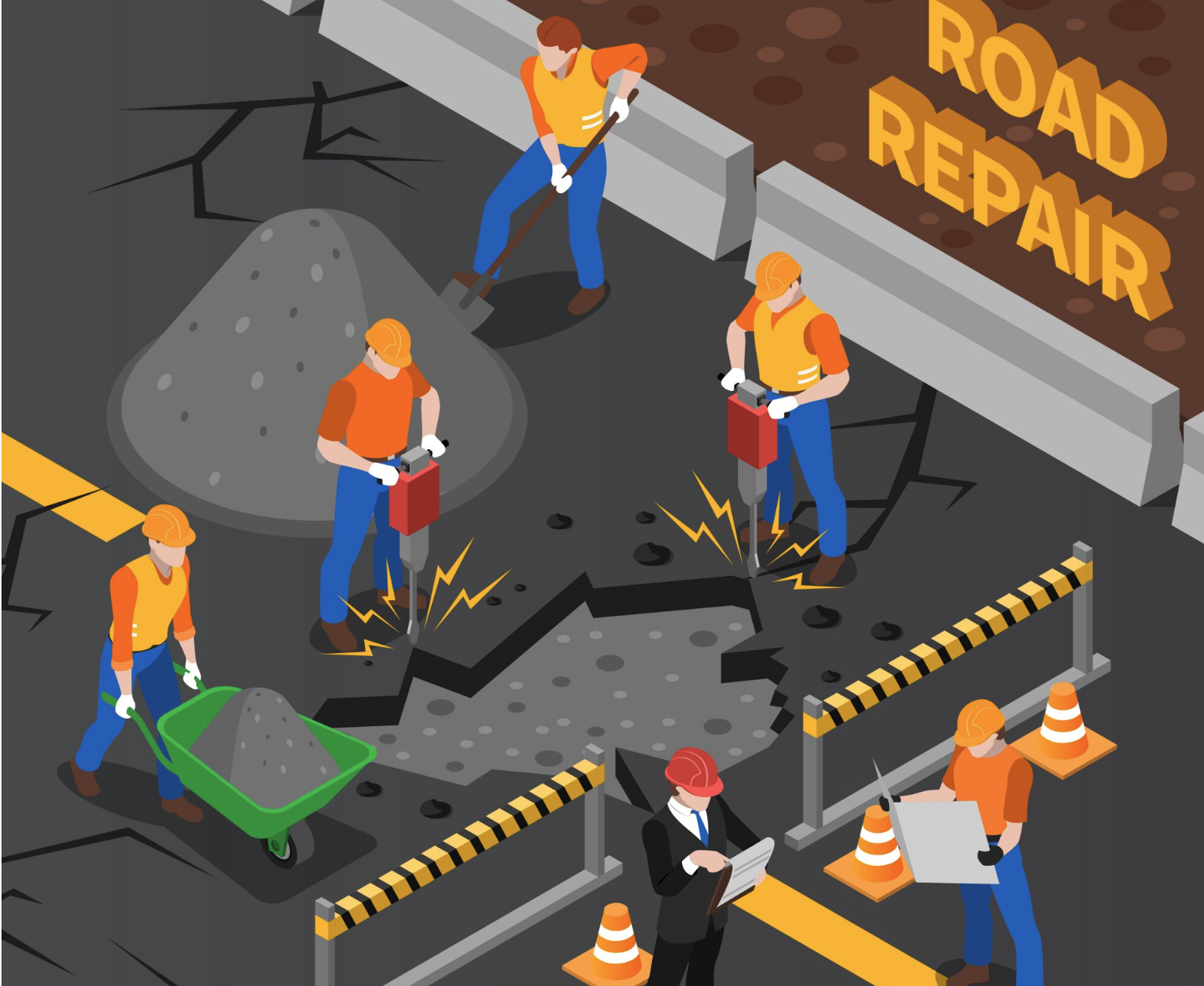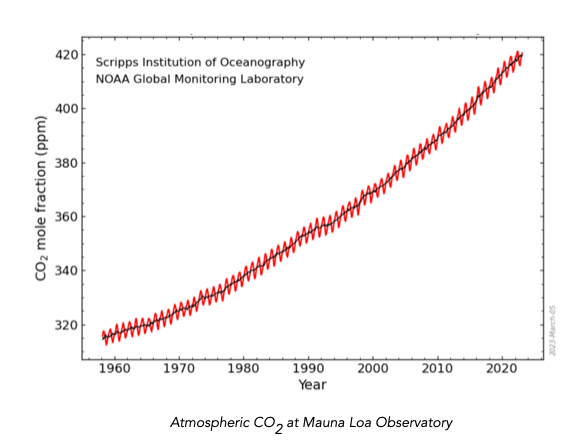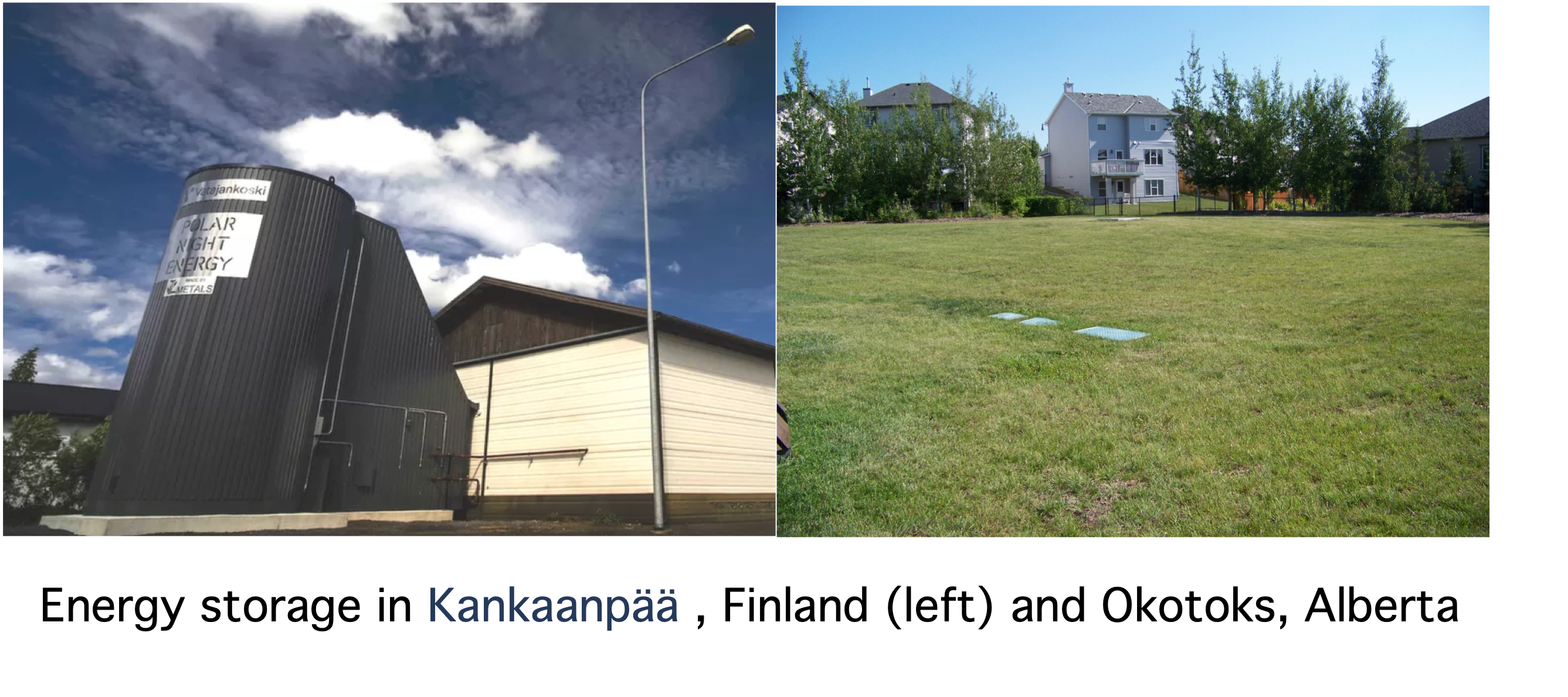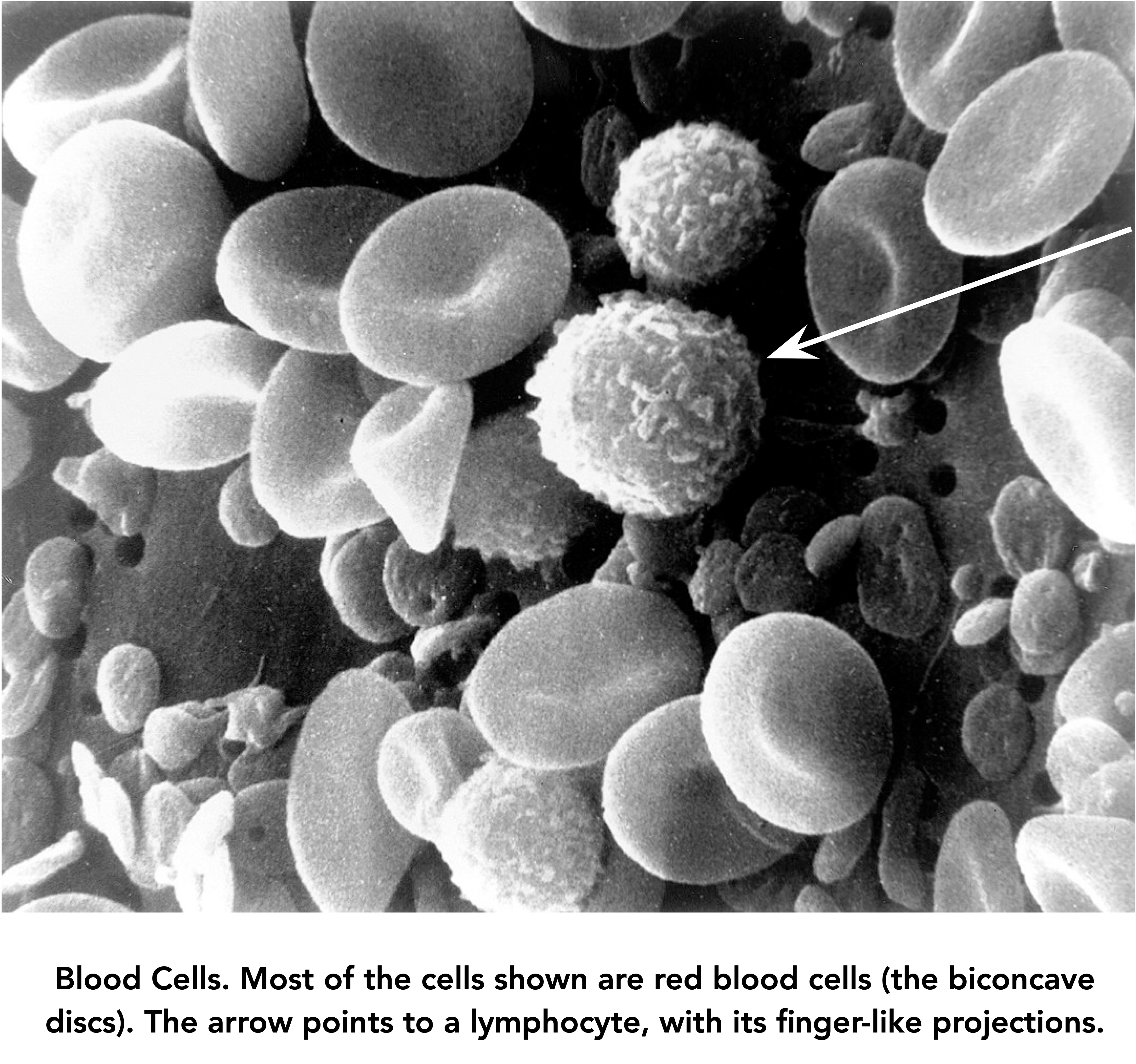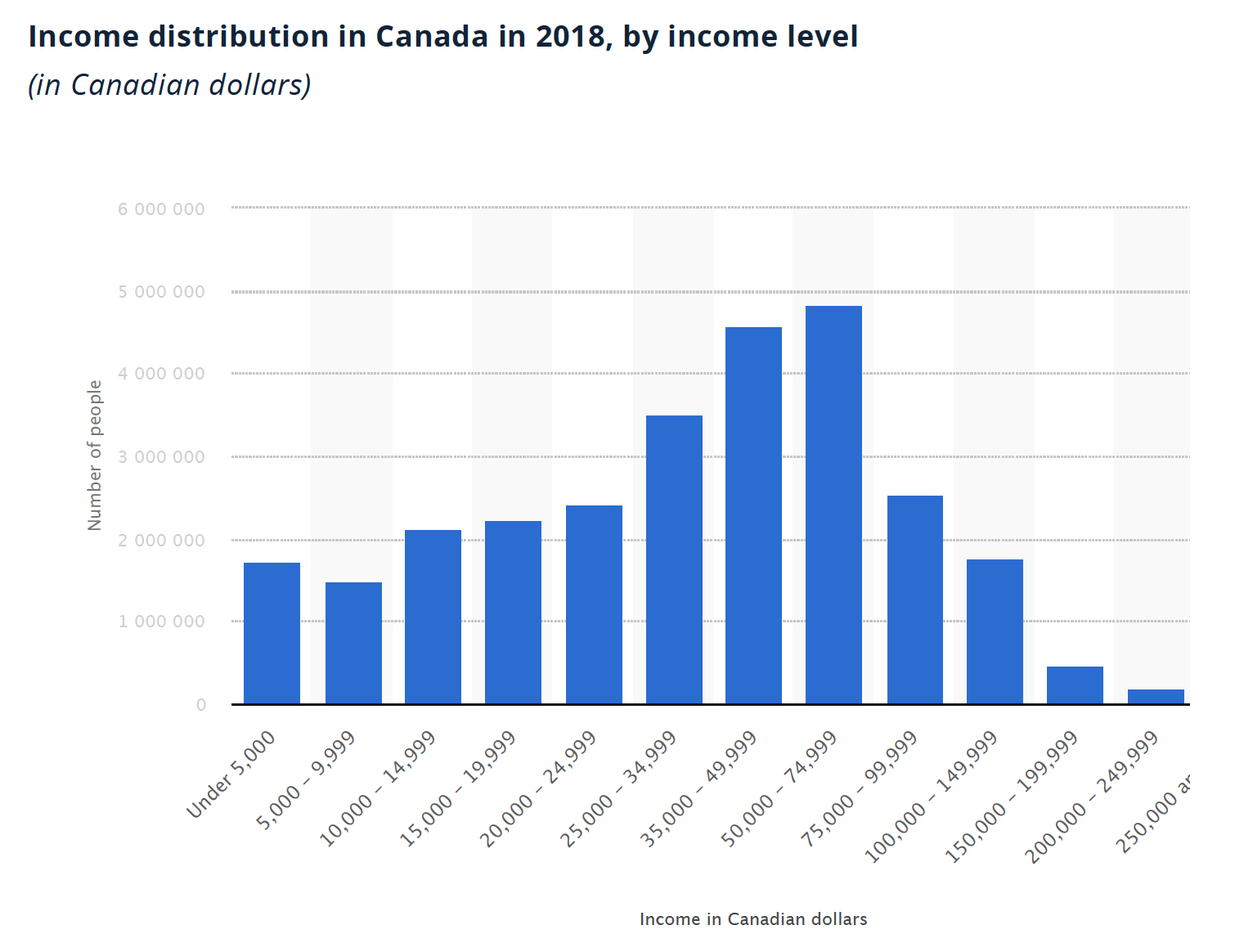Many talented sprinters run like gazelles, their feet barely kissing the track as they glide along. But not all great runners move like this. One of the most successful athletes of all time was a muscular runner named Emil Zatopek, nicknamed ‘The Czech Locomotive’ for his powerful, but not particularly graceful, running. Zatopek won five Olympic medals, four of them gold, and in 1952 he became the first, and so far only, runner to win the 5,000- and 10,000-meter races, and the marathon, at one Olympic Games (it was his first competitive marathon at that).… Read the rest “HIIT, the fitness hack”
Why Junk Food makes us fat
UPDATED
It was the Spring of 1994, and the National Hockey League playoffs were heading for a dramatic finish. The Eastern Conference semi-final featured the New York Rangers and the New Jersey Devils. The Devils were ahead three games to two in the seven-game series, and appeared to be destined for victory. The next game was in the Devils’ home arena, in front of a sold-out crowd of their rabid supporters.
The captain of the Rangers was the power forward Mark Messier, a threat to score or level an opponent whenever he was on the ice.… Read the rest “Why Junk Food makes us fat”
the goldilocks zone: Mutation, Cancer, and Evolution
DNA is the bedrock of our genetic identity. It encodes physical and mental traits in our genes and it is generally unchanging and the same in all cells. There are ‘epigenetic’ aspects, some of which are still puzzling, that appear to carry over between generations, which are not due to the modification of DNA sequence. (Other posts have explored epigenetics.) But DNA sequence is the default carrier of our genetic identity.
Although the DNA in our cells is largely unchanging and the same in every cell, neither of those features is strictly true.… Read the rest “the goldilocks zone: Mutation, Cancer, and Evolution”
how smart are animals?
And now, as John Cleese might say, for something completely different. A book review. Books about science aimed at a general audience can have profound effects. They might enlighten us concerning something we’ve wondered about (‘DNA, The Secret of Life’), or tell how a famous scientist lived and worked (‘Why Do You Care What Other People Think, Dr. Feynman?’). Or, they may change the way we see the world. In that category, for me, is a book by the Dutch ethologist Frans de Waal, with the axe-handle title, “Are We Smart Enough to Know How Smart Animals Are?”.… Read the rest “how smart are animals?”
The Environmental Footprint of Protein
Proteins are made up of long chains of amino acids, which are essential building blocks for the body. There are nine essential amino acids that the body cannot produce on its own and must be obtained from the diet. These essential amino acids are required for the synthesis of proteins that support tissue growth and repair, hormone and enzyme production, immune system function, and other physiological processes. Dietary protein also plays a crucial role in muscle protein synthesis, which is the process by which the body repairs and builds new muscle tissue.… Read the rest “The Environmental Footprint of Protein”
A great injustice
On March 19, 2023, the New York Times carried a story that began:
It’s one of the great injustices of this era that countries contributing negligible amounts to global carbon emissions are now feeling the most harrowing impacts of climate change. Pakistan, which makes up less than 1 percent of the world’s carbon footprint, had a third of its territory under water in last year’s floods. Parts of Kenya, Ethiopia and Somalia are experiencing the worst drought in 70 years of record-keeping, threatening millions with famine, even though the entire continent of Africa contributes less than 4 percen of global carbon emissions.… Read the rest “A great injustice”
Storing Energy to save earth
UPDATED, AGAIN
The generation of energy by fossil-fuel alternatives such as wind and solar power is becoming more and more practical. A major hurdle in switching to alternative energy sources is that many of them, such as wind and solar power, are intermittent. Methods for storing energy during times of surplus production, to be used when demand exceeds supply, is an essential part of an alternative energy economy. Much scientific and engineering effort is going toward this goal.… Read the rest “Storing Energy to save earth”
Cancer Therapy: Old is New Again
One of the most tantalizing aspects of cancer biology is this: that the normal immune system often recognizes growing tumors, and even targets them for destruction, but then is silenced. This story is about how to wake it up and mobilize it to greater anti-tumor activity. It is a story that reaches back a hundred years, to the innovative work of an esteemed German biochemist. It was his conviction that he had identified a key feature of cancer that would provide an opening for its treatment.… Read the rest “Cancer Therapy: Old is New Again”
Solving Poverty
UNDER RECONSIDERATION AND REPAIR
Science and Sourdough
(SERIOUSLY) UPDATED
My own best sourdough recipe has undergone some changes recently. I thought perhaps there were enough sourdough recipes on the internet already, so I could remove this post. However, it turns out to be a fairly popular one, so I’m going to update it (not sure if the popular bit is actually the recipe, maybe it’s the blah, blah, blah at the beginning). The initial parts of this post remain mostly the same, the science, the equipment, the starter.… Read the rest “Science and Sourdough”
